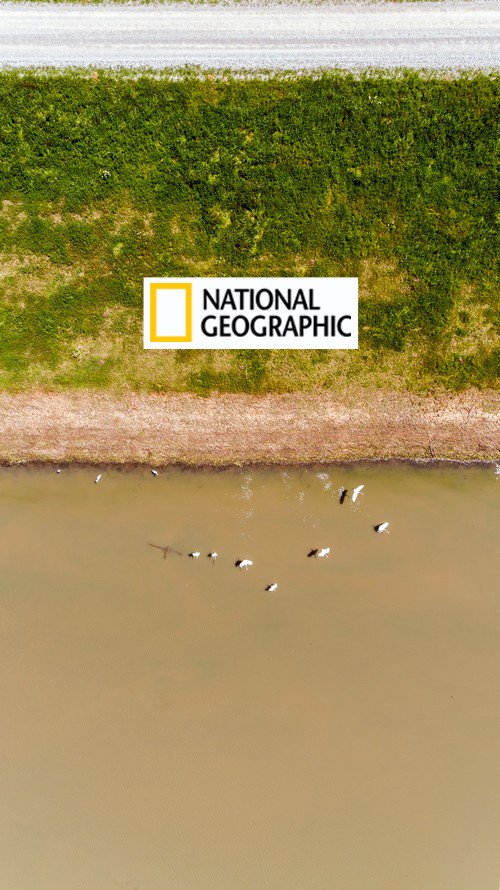Flooding: Exploring Early Warning Systems Dr. Vazken Andreassian

Resilient Cities | Flooding: Exploring Early Warning Systems
Ep#2 | AXA Research Fund
Exploring the impacts of flooding and the benefits of early warning systems to help build resilient cities with National Geographic.
Current projections are that global average sea level rise will double by 2100. Inland cities are also equally under threat from river systems by extreme weather events.
Flooding and its destruction can costs billions to put right. In 2016, flooding in Paris and the surrounding region, cost over 1 billion euros. Flooding effects everyone, all over the world, from personal homes and transport to hospitals, schools and businesses.
Many cities were built by coasts or rivers to allow for transportation of goods to and from their ports and it is therefore vital that we increase our knowledge about floods to allow better information to be provided to city populations to help improve the resilience of the cities.
The film features, Dr Vazken Andreassian (IRSTEA Paris) whose research, supported by The AXA Research Fund, looks at developing models for flood early warning systems. Dr Andréassian exchange his expertise with Simon Blaquière a floods specialist at AXA.
If warnings are provided, resulting damage can be minimised. In practice this could mean flood defences are built around vulnerable cities or critical infrastructure (such as transport systems), or could allow residents to move their belongings upstairs and out of harms way, or ensure a farmer moves his livestock to higher ground before a flood hits low lying ground.
Early warning systems provide time to minimise potential impact and help build resilient cities.
Discover research projects related to the topic
Sustainable Living & City
Climate Change
Climate Adaptation & Resilience
Urban Planning
Resilient Infrastructure & Safety
Environmental Justice
Post-Doctoral Fellowship
Australia
2023.06.20
Indicators for Climate Resilient City Planning
Expected start date:June-2023 Cities contribute enormously to global greenhouse emissions and are key drivers of climate change. By the same... Read more

Melanie
LOWE

